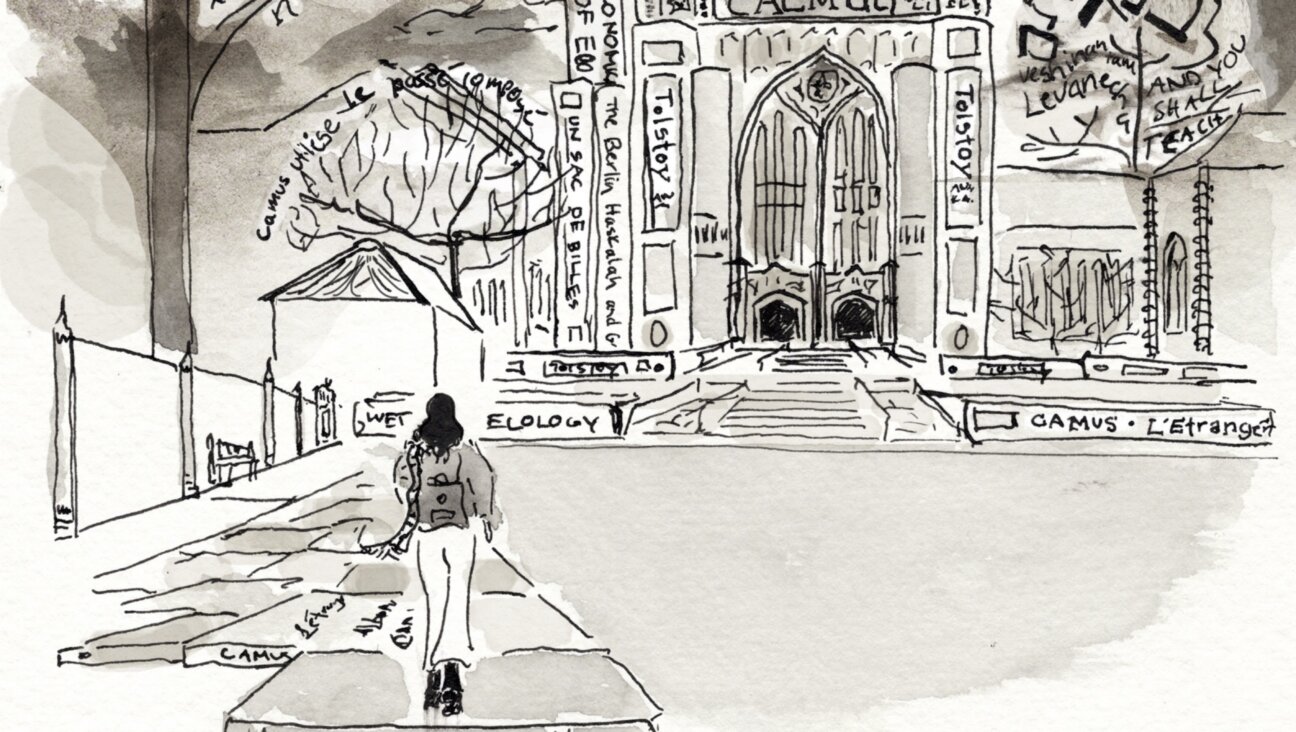Peace With Syria
Syria’s maybe yes, maybe no attitude toward peace with Israel is enough to give even experienced Middle East diplomats a case of whiplash. One day Syrian President Bashar Assad is hosting U.S. special envoy George Mitchell in Damascus and saluting America’s efforts to broker a peace treaty. Barely two days later, Assad is embracing Iranian President Mahmoud Ahmadinejad and vowing unbreakable friendship.
The very next week finds Syrian Foreign Minister Walid Muallem sitting with Hillary Clinton in New York, discussing ways of restarting Israeli-Syrian peace talks. Within hours, Muallem is standing before the United Nations General Assembly and complaining that talks are futile because Israel doesn’t really want peace. A week later, Muallem is back in Damascus declaring that when peace talks do resume, Turkey must be the mediator — knowing that Turkey and Israel are barely on speaking terms.
A logical conclusion is that Syria is unpredictable and should be approached with caution — but nonetheless, it should be approached. If a deal can be reached that meets Israel’s needs, the possible payoff is too great to ignore.
Is a workable peace agreement possible? It must be. The two countries have come within hailing distance of a signed and sealed agreement twice in the past decade.
The first near-miss was in January 2000, when Israeli Prime Minister Ehud Barak met with Syrian Foreign Minister Farouk Al-Shara in Maryland to sign an accord. That deal fell apart at the last minute because of 400 yards of Lake Kinneret shoreline that each side thought the other had conceded. The second was in December 2008, when indirect, Turkish-mediated talks were about to yield a final round of direct negotiating before the signing. The process collapsed hours before the decisive meeting when Israel invaded Gaza and the Turks and Syrians pulled out in protest.
Now, two years later, the Syrians indicate that they want to try again. Why now? With Israeli-Palestinian peace talks restarting, Syria fears it could end up as the last of Israel’s front-line adversaries without a peace deal — and without the land it lost in 1967. Damascus has made it plain, too, that it would like to exit the Axis of Evil and join the rest of the world.
What does Israel get from a peace agreement with Syria? It achieves a deepened isolation of Iran; that is a precondition that serves the interests of all sides. A realigned Syria should mean a closing of the overland arms supply routes of Iran-backed Hezbollah. And closing the Damascus offices of Hamas and other Palestinian rejectionist groups has been a top Israeli demand since talks first began. Israel’s intelligence agencies, which pushed hardest to restart talks in 2008, all agree the deal is a bargain for Israel.
Most of all, a peace agreement would bring peace. It will not be the peace Israelis have dreamed of. More likely, it will be a cold peace, by all indications even chillier than Israel’s peace with Egypt. This is not about friendship; that probably won’t come for another generation. This is about stopping the shooting and letting the region’s children grow up with both their parents at home and all their limbs intact. Israelis deserve it.
















